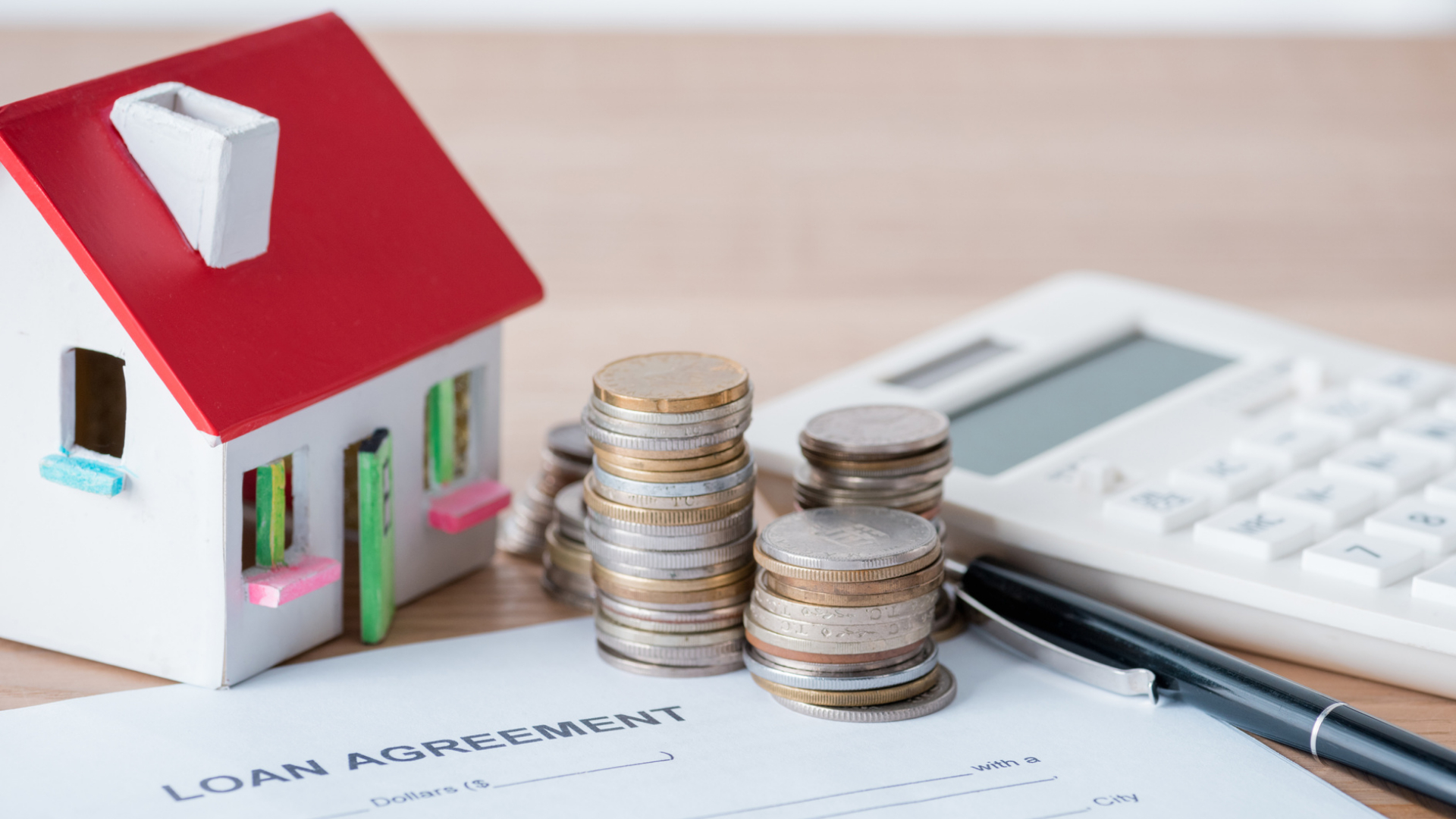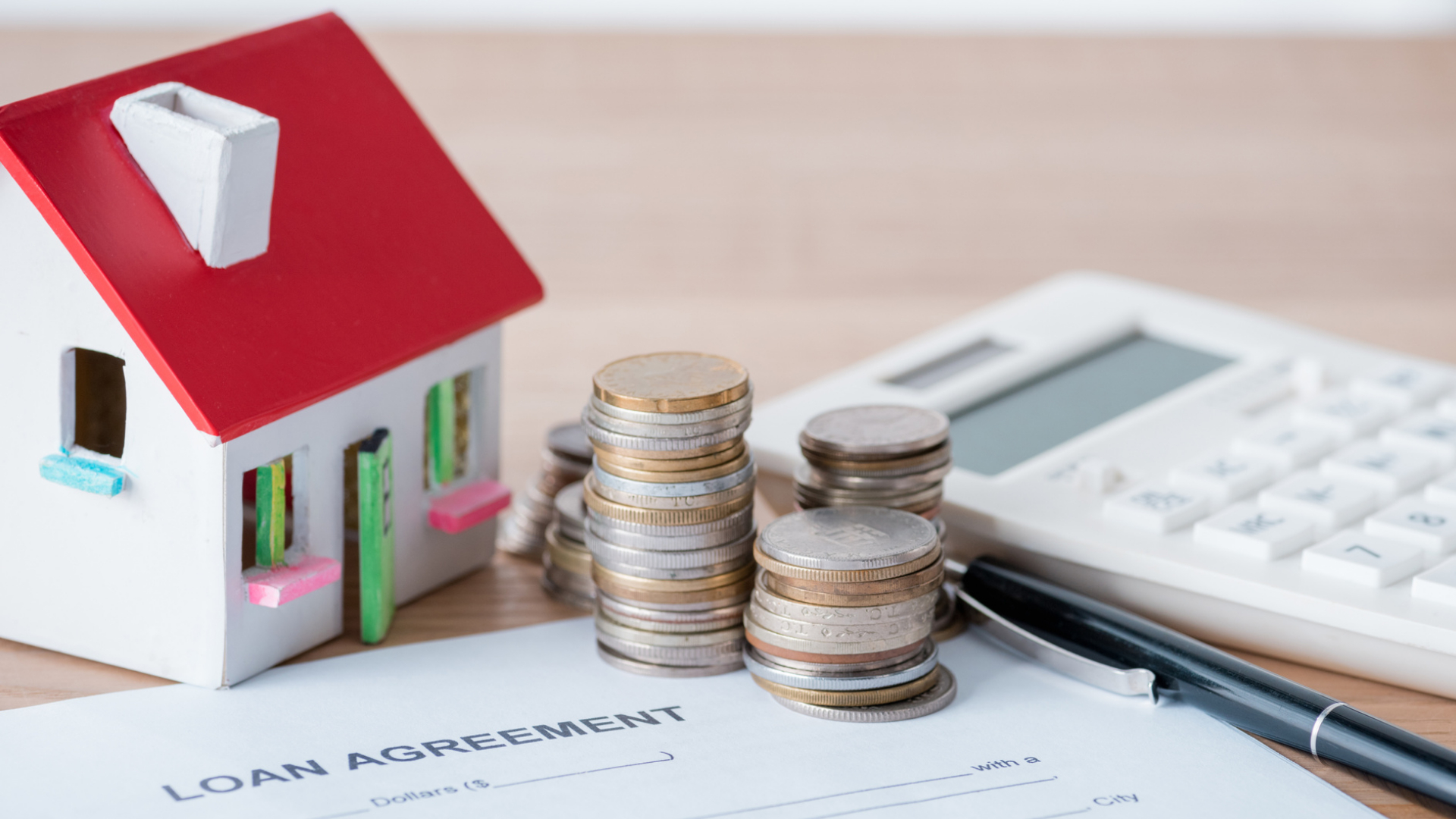Is It Wise to Pay Off Your Mortgage Early?
Table of Contents
- Strategies for Mortgage Repayment
- Prioritizing Debt Repayment Clearing High-Interest Debts Before Your Mortgage
- 3 Crucial Questions Before Accelerating Mortgage Payments
- Impact on Tax Benefits with Early Mortgage Payoff
- The Pros of Paying Off Your Mortgage
- The Cons of Paying Off Your Mortgage
- Factors to Consider
- Conclusion
Owning a home is a significant achievement, and for many, it comes hand in hand with a mortgage. As the years roll by and financial landscapes evolve, homeowners often find themselves at a crossroads: Should I pay off my mortgage or continue with the monthly payments?
In this blog, we'll delve into the factors that should influence your decision, exploring the pros and cons of settling your mortgage in the UK.
Strategies for Mortgage Repayment
Evaluate your financial situation to determine if there's any surplus cash that you can allocate towards paying down your mortgage on a monthly basis.
Consider the benefits of overpaying, as it can significantly impact your mortgage term and overall interest savings. For instance, let's assume you have an outstanding balance of £150,000 on a 25-year mortgage with a fixed rate of 4.5%. An overpayment of £150 per month could elevate your monthly repayment from £858.84 to £1,008.84. This overpayment strategy could potentially reduce your mortgage term by 4 years and result in substantial interest savings, exceeding £20,000.
It's essential to communicate your preference when making overpayments—whether you aim to reduce the mortgage term or lower your monthly payouts. Clearly stating your intention ensures that you retain control over the decision, preventing lenders from making unilateral choices.
Prior to initiating overpayments, review your mortgage terms and conditions to confirm that overpayments are permissible. Additionally, inquire whether current overpayments might offer future benefits, such as eligibility for a mortgage holiday if needed.
Prioritizing Debt Repayment: Clearing High-Interest Debts Before Your Mortgage
Clearing high-interest debts should be prioritized before focusing on mortgage repayment. While a mortgage is a substantial debt, it's often one of the most cost-effective borrowing options. Before considering reducing mortgage arrears, address high-interest debts like credit cards or personal loans, which typically incur more significant interest charges.
Credit cards, especially, can be a costly means of borrowing, and personal loans often carry higher interest rates than mortgages. Tackling expensive debts first provides immediate relief to your monthly finances. Evaluate all outstanding debts, identify the most expensive in terms of interest rates, and commence repayment from there. Remember, the higher the interest rate, the more substantial the benefits of paying off the debt promptly.
3 Crucial Questions Before Accelerating Mortgage Payments
Contemplating an early mortgage payoff warrants consideration of three vital questions:
- Financial Preparedness: Are you confident that you won't need the money you're allocating for mortgage acceleration? Home equity isn't readily liquid, and if future financial needs arise, obtaining a new loan might be both costly and contingent on good credit and sufficient income.
- Interest Rate Evaluation: How does your mortgage rate compare to inflation or potential returns from alternative investments? If your mortgage rate is lower than these benchmarks, paying off your home early may not yield optimal financial benefits.
- Psychological Satisfaction: What value do you place on owning your home outright? For some, the psychological benefits of a debt-free homeownership experience outweigh potential financial gains elsewhere. If this resonates with you, pursuing an early mortgage payoff might align with your personal priorities.
Impact on Tax Benefits with Early Mortgage Payoff
Paying off your mortgage ahead of schedule comes with potential implications for your tax situation. With no outstanding mortgage, you lose the mortgage interest deduction on your tax return, particularly impactful if your mortgage is substantial with high-interest rates.
The Tax Cuts and Jobs Act of 2017 , which doubled the standard deduction, plays a role here. While most people no longer itemize deductions, if you still do, foregoing the mortgage interest deduction might affect your overall tax strategy.
Keep in mind that this provision is set to change in 2026 unless new legislation is enacted.
The Pros of Paying Off Your Mortgage
-
Financial Freedom: One of the most liberating aspects of paying off your mortgage is the sense of financial freedom that follows. No more monthly mortgage payments mean more disposable income for other pursuits, investments, or even indulging in the occasional luxury.
-
Interest Savings: By settling your mortgage early, you can save a substantial amount on interest payments. Mortgages typically accrue interest over the loan term, and paying it off sooner translates to less money spent on interest.
-
Peace of Mind: A mortgage-free home provides peace of mind and a sense of security. Knowing that your home is entirely yours can be emotionally fulfilling and relieve stress associated with debt.
-
Investment Opportunities: With your mortgage out of the way, you may find yourself in a better position to explore other investment opportunities. Whether it's building a diverse investment portfolio or venturing into real estate, being mortgage-free opens up new financial avenues.
The Cons of Paying Off Your Mortgage
-
Opportunity Cost: The funds used to pay off your mortgage could potentially be deployed elsewhere for higher returns. If your mortgage interest rate is relatively low, you might be missing out on the opportunity to invest in assets with a higher yield.
-
Liquidity: Using a significant portion of your savings to settle your mortgage may reduce your overall liquidity. In unforeseen circumstances, having accessible funds can be crucial for emergencies or other financial needs.
-
Tax Implications: Mortgage interest payments can be tax-deductible in certain circumstances. By paying off your mortgage, you might lose out on potential tax benefits. It's essential to consider the tax implications and consult with a financial advisor.
-
Inflation Hedge: Real estate often acts as a hedge against inflation. By maintaining a mortgage, you have a leveraged asset that can appreciate over time, potentially outpacing inflation and increasing your overall net worth.
Factors to Consider
-
Interest Rate: Evaluate your mortgage interest rate. If it's relatively high, paying it off could make financial sense. However, if it's low, you might explore investment opportunities with higher returns. Additionally, you can consider refinancing your mortgage to potentially lower your interest rate and save money in the long run.
-
Financial Goals: Consider your broader financial goals. If becoming debt-free is a top priority and aligns with your financial objectives, paying off your mortgage might be the right move. Moreover, paying off your mortgage can provide a sense of financial security and peace of mind.
-
Emergency Fund: Ensure you have an adequate emergency fund before directing funds towards paying off your mortgage. Having a financial safety net is crucial for unforeseen circumstances. An emergency fund can help cover unexpected expenses and provide a buffer during difficult times.
Learn more about the emergency fund on our detailed guide on the importance of an emergency fund .
-
Investment Opportunities: Assess potential investment opportunities and their returns compared to your mortgage interest rate. Diversifying your investments might offer a balanced approach. You can consider various investment options such as stocks, bonds, mutual funds, or real estate. It's important to carefully evaluate the risks and potential rewards of each investment opportunity before making a decision.
Overall, it's essential to carefully weigh the pros and cons of paying off your mortgage early. Consider your interest rate, financial goals, emergency fund, and investment opportunities in order to make an informed decision that aligns with your long-term financial well-being.
Conclusion
The decision to pay off your mortgage in the UK is a nuanced one, influenced by various factors unique to your financial situation and goals. It's crucial to weigh the pros and cons, considering elements such as interest rates, liquidity needs, and investment opportunities.
Ultimately, the choice should align with your broader financial strategy, providing a pathway to financial security and achieving your long-term objectives. Whether you choose to enjoy the freedom of a mortgage-free home or leverage your funds for strategic investments, the key is to make an informed decision that sets you on the path to financial success.





